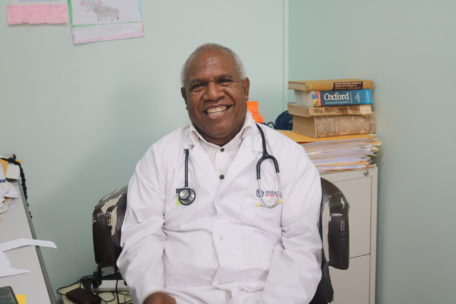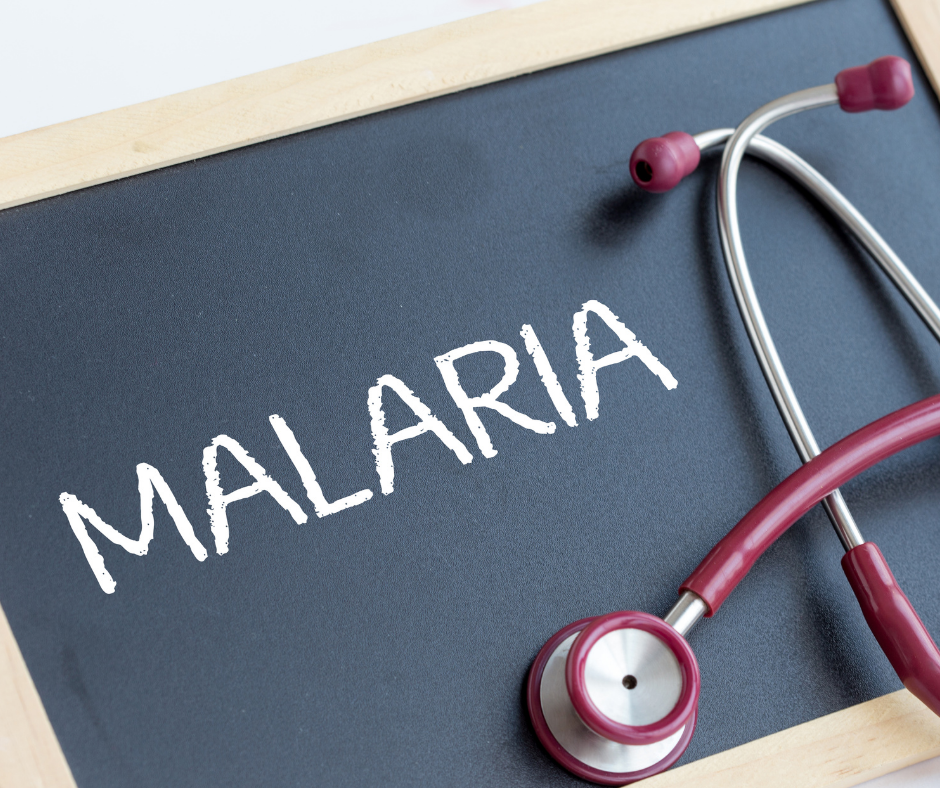Malaria infections are fatal. They can affect everyone from unborn babies, children, men and women.
- Malaria and Pregnancy
The risk of Malaria affecting pregnancy and pregnant mothers are high and can lead to aborting of pregnancy, still birth or even early or premature delivery if the mother is in late stages of pregnancy. That is why when a pregnant mother comes to the hospital, we treat them right away with medication, so it stops them from having fever and slows down other symptoms and infection. Malaria remains the common cause of mortality and morbidity particularly amongst our children.
- Anemia
Malaria can also affect the blood level of a person; this is called Anemia. In places especially where Malaria is endemic and there is no proper health support, or the infected person goes without treatment or proper healing to the illness. When their blood or hemoglobin level drops, they begin to look more pale or even worse, if the blood drops to all time low, it can force a person into heart failure. Low blood levels can cause dizziness, forcing the heart to go into failure. Anemia is risky for children as well. Slows down their learning and cognitive ability. It can also affect adults as well, causing a loss of productivity at work or our daily tasks.
- Cerebral Malaria
Malaria to the brain. Cerebral malaria is the most severe neurological manifestation of severe malaria.
- Big Spleen
The spleen is an organ found in the body that helps fights invading germs in the blood and controls the level of blood cells (white blood cells, red blood cells and platelets). If the infection is strong and aggressive, the spleen is pushed into overtime to fight the germs causing it to swell in size.
If the person is involved in contact sport or injures themselves around the abdomen area, it causes the spleen to rapture, triggering further complications.
- Other complications
Other complications include loss fluid from diarrhea or vomiting which can also lead to death from dehydration and also malnutrition.
This is the second part to a 3 part series on the topic of Malaria.
Article by: Dr Polapoi Chalau

Dr Polapoi Chalau
Dr Polapoi Chalau joined Paradise Private Hospital in 2016 as their Medical Director with many years’ experience working in senior medical leadership and health management in the public sector. He served as the CEO of Angau General Hospital in Lae for 7 years (2006-2014) and previously as the Chief Surgeon of PNG & Specialist advisor to the National Health Department (1993-2010).
Dr Chalau’s many achievements include serving as the Honorary Senior Lecturer in Surgery at the University of PNG and was instrumental in setting up highly specialised training for surgeons at the country’s medical school. He holds a Masters in Business Administration- Executive (EMBA) from PNG University of Technology, Masters in Surgery and a Bachelor in Medicine and Surgery from the University of PNG (UPNG).
Dr Polapoi Chalau hails from Loamat Village – Rambutso Island in the Manus Province and is married with six children.
******
CIG in partnership with Paradise Private Hospital (PPH) brings to their community, the Wellness Hub. A Hub that provides their clients and members of their community access to vital information on health and wellness issues affecting their community and useful information to help make better health and lifestyle choices.
The information, including but not limited to, text, graphics, images, and other material contained on this website are for informational purposes only. No material on this site is intended to be a substitute for professional medical advice, diagnosis, or treatment.


